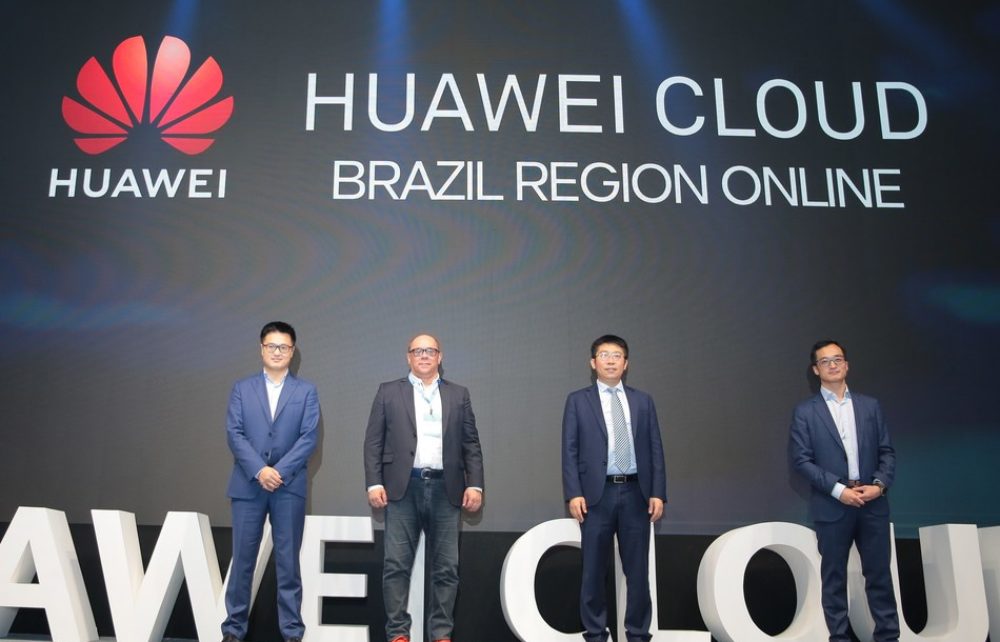Brazil held its much-anticipated auction for build-out of the nation’s fifth-generation wireless network, with Huawei expected to enter the game later on.
The auction was not yet finished on Thursday, but had already yielded pledges for over 30 billion reals (over USD 5 billion) in investment from mobile phone operators such as Claro, Tim and Telefônica, the owner of Vivo.
Once operators have built the infrastructure, they will need to install a hardware for the radio antennas to work with the new wireless network. Companies that can make it include China’s Huawei and ZTE, Swedish Ericsson or Helsinki-based Nokia.
Overall, the government expects the auction, which could continue into Friday, to bring in as much as 50 billion reals. Authorities, legislators and National Telecommunications Agency have been planning the auction for years.
The technology promises faster speeds, less lag when connecting to the network and the ability to connect more devices to the internet. But the ambitious auction also aimed to address the country’s profound digital inequalities, forcing winning bidders to build or improve wireless infrastructure in underserved areas.
Much of the debate around 5G has been whether wireless operators would be allowed to partner with Chinese telecom giant Huawei at a later stage, in the face of strong U.S. opposition. The U.S. government has pressed other countries, including Brazil, to ban Huawei from 5G network buildouts, citing security concerns. Huawei has rejected such allegations.
Ericsson AB Going Head-to-Head with Huawei in Brazil 5G Auction
Of the nearly 50 billion reals the administration of President Jair Boslonaro is expecting, 20% will go to the federal treasury, and the rest to building new infrastructure or improving existing networks. Aside from 5G, winning bidders must bring wireless internet with 4G or higher to nearly 10 million people in northern Brazil, including 500 villages in the vast Amazon region, where many still lack internet access.
“Brazil will be the first Latin American country to have 5G,” said Communications Minister Fábio Faria on Thursday, apparently meaning a nationwide rollout. Several other countries already have started installing some 5G networks.
The plan is to cover more than 31,000 kilometers (nearly 20,000 miles) of federal highways with 5G coverage and provide it to public schools. Faria said that nearly 7,000 of the country’s 85,000 schools do not now have internet.




